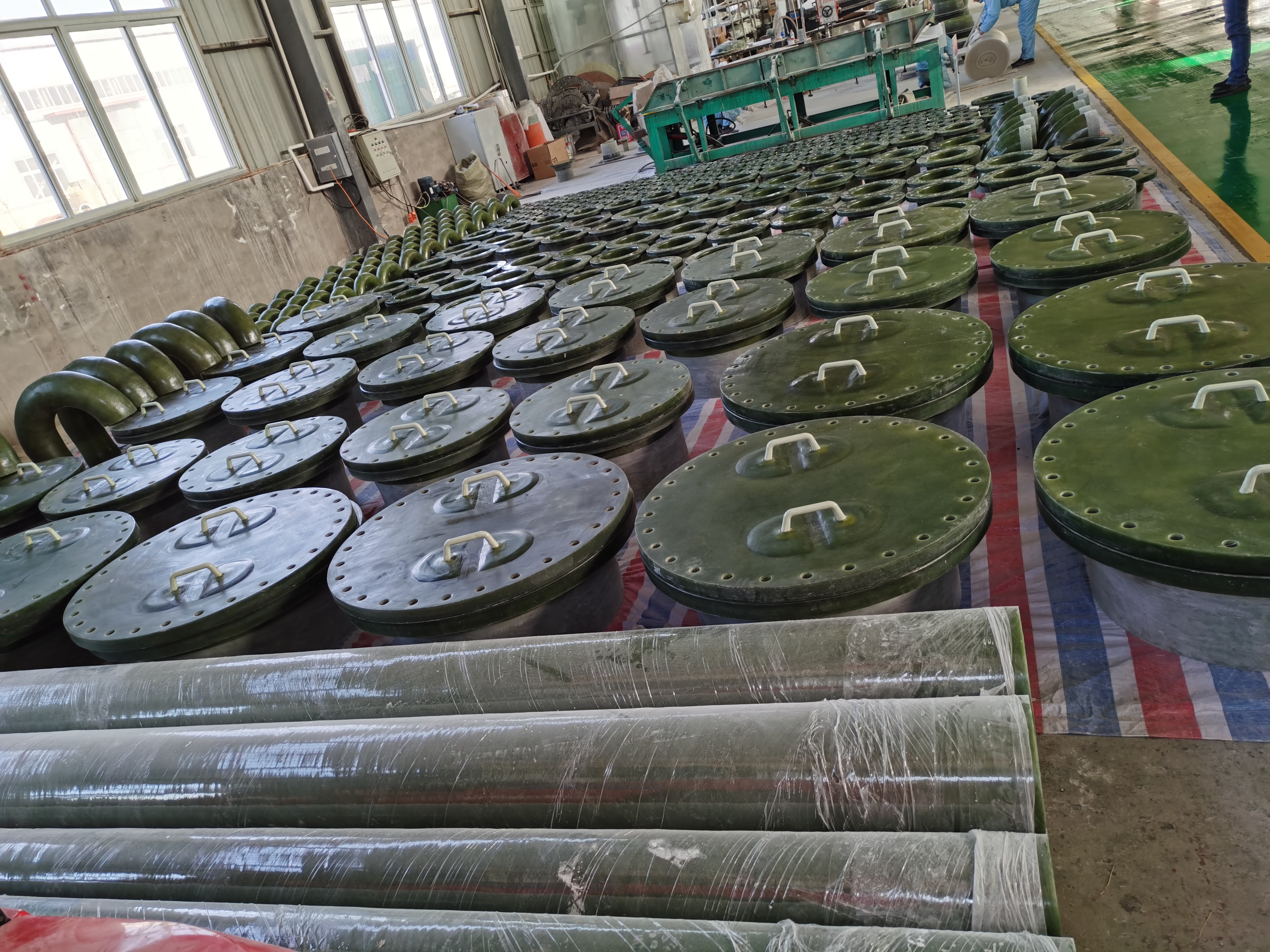
-
 Afrikaans
Afrikaans -
 Albanian
Albanian -
 Amharic
Amharic -
 Arabic
Arabic -
 Armenian
Armenian -
 Azerbaijani
Azerbaijani -
 Basque
Basque -
 Belarusian
Belarusian -
 Bengali
Bengali -
 Bosnian
Bosnian -
 Bulgarian
Bulgarian -
 Catalan
Catalan -
 Cebuano
Cebuano -
 China
China -
 China (Taiwan)
China (Taiwan) -
 Corsican
Corsican -
 Croatian
Croatian -
 Czech
Czech -
 Danish
Danish -
 Dutch
Dutch -
 English
English -
 Esperanto
Esperanto -
 Estonian
Estonian -
 Finnish
Finnish -
 French
French -
 Frisian
Frisian -
 Galician
Galician -
 Georgian
Georgian -
 German
German -
 Greek
Greek -
 Gujarati
Gujarati -
 Haitian Creole
Haitian Creole -
 hausa
hausa -
 hawaiian
hawaiian -
 Hebrew
Hebrew -
 Hindi
Hindi -
 Miao
Miao -
 Hungarian
Hungarian -
 Icelandic
Icelandic -
 igbo
igbo -
 Indonesian
Indonesian -
 irish
irish -
 Italian
Italian -
 Japanese
Japanese -
 Javanese
Javanese -
 Kannada
Kannada -
 kazakh
kazakh -
 Khmer
Khmer -
 Rwandese
Rwandese -
 Korean
Korean -
 Kurdish
Kurdish -
 Kyrgyz
Kyrgyz -
 Lao
Lao -
 Latin
Latin -
 Latvian
Latvian -
 Lithuanian
Lithuanian -
 Luxembourgish
Luxembourgish -
 Macedonian
Macedonian -
 Malgashi
Malgashi -
 Malay
Malay -
 Malayalam
Malayalam -
 Maltese
Maltese -
 Maori
Maori -
 Marathi
Marathi -
 Mongolian
Mongolian -
 Myanmar
Myanmar -
 Nepali
Nepali -
 Norwegian
Norwegian -
 Norwegian
Norwegian -
 Occitan
Occitan -
 Pashto
Pashto -
 Persian
Persian -
 Polish
Polish -
 Portuguese
Portuguese -
 Punjabi
Punjabi -
 Romanian
Romanian -
 Russian
Russian -
 Samoan
Samoan -
 Scottish Gaelic
Scottish Gaelic -
 Serbian
Serbian -
 Sesotho
Sesotho -
 Shona
Shona -
 Sindhi
Sindhi -
 Sinhala
Sinhala -
 Slovak
Slovak -
 Slovenian
Slovenian -
 Somali
Somali -
 Spanish
Spanish -
 Sundanese
Sundanese -
 Swahili
Swahili -
 Swedish
Swedish -
 Tagalog
Tagalog -
 Tajik
Tajik -
 Tamil
Tamil -
 Tatar
Tatar -
 Telugu
Telugu -
 Thai
Thai -
 Turkish
Turkish -
 Turkmen
Turkmen -
 Ukrainian
Ukrainian -
 Urdu
Urdu -
 Uighur
Uighur -
 Uzbek
Uzbek -
 Vietnamese
Vietnamese -
 Welsh
Welsh -
 Bantu
Bantu -
 Yiddish
Yiddish -
 Yoruba
Yoruba -
 Zulu
Zulu
frp transport tank
Understanding FRP Transport Tanks A Modern Solution for Industrial Needs
In the realm of modern industrial storage solutions, the use of Fiber Reinforced Plastic (FRP) transport tanks has gained significant attention. These tanks are designed to store and transport a variety of liquids and can be used across a range of industries, including chemicals, food and beverage, pharmaceuticals, and wastewater management. The advantages offered by FRP transport tanks make them a compelling choice, revolutionizing how companies manage their liquid transport and storage needs.
FRP is composed of a polymer matrix reinforced with fibers, typically glass or carbon. This unique composite material offers several characteristics that enhance its suitability for transport tanks. One of the primary benefits is its exceptional strength-to-weight ratio. FRP tanks are considerably lighter than traditional materials like steel and concrete, making them easier to handle during installation and transport. This reduced weight can lead to lower transportation costs and more efficient handling processes.
Understanding FRP Transport Tanks A Modern Solution for Industrial Needs
Another advantage of FRP transport tanks is their versatility in design. Manufacturers can customize these tanks to fit specific requirements, including size, shape, and capacity. This adaptability allows businesses to optimize their storage solutions according to their unique operational needs. Furthermore, FRP tanks are available in various colors and configurations, enabling industries to identify and categorize tanks easily.
frp transport tank

In terms of maintenance, FRP tanks offer ease of care. Their smooth surfaces and resistance to chemical reactions make cleaning and upkeep straightforward, reducing the labor and resources typically required for maintenance. This simple maintenance regime contributes to operational efficiency, allowing businesses to focus on their core activities rather than on the upkeep of storage solutions.
Safety is a paramount concern in any industrial setting, and FRP transport tanks provide several safety features. The non-conductive nature of FRP helps to prevent electrical hazards, especially in environments where flammable substances are stored. Additionally, the lightweight nature of these tanks reduces the risk of accidents during handling and installation, making it safer for workers involved in transporting and setting up the tanks.
It’s also worth noting the environmental advantages of FRP transport tanks. The production and use of FRP materials can lead to lower carbon footprints when compared to traditional tank materials. FRP's long lifespan means fewer replacements and less waste, contributing to more sustainable industrial practices. As industries increasingly prioritize environmental responsibility, the adoption of FRP tanks can align with corporate sustainability goals.
In conclusion, FRP transport tanks represent an innovative solution for modern industries seeking efficient, safe, and cost-effective options for liquid storage and transportation. Their lightweight design, corrosion resistance, customization capabilities, and ease of maintenance make them an attractive choice for a variety of applications. As industries continue to evolve and face new challenges, FRP transport tanks will undoubtedly play a pivotal role in ensuring safe and reliable management of critical materials. The future of industrial storage is here, and it is constructed from the remarkable properties of fiber-reinforced plastic.









